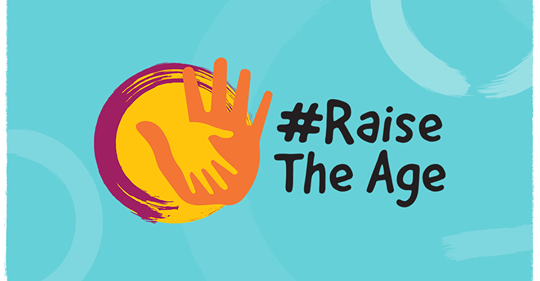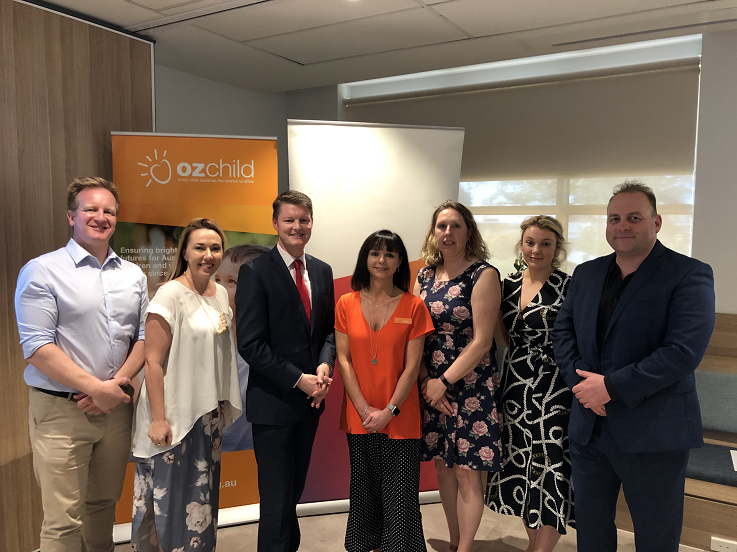In addressing the profound challenges faced by our most vulnerable children and young people, relying on high-cost emergency accommodations (HCEA’s) such as hotels and motels is not just economically taxing—it…
Why raising the age of criminal responsibility is so important

Children do best when they are supported, nurtured and loved.
So why is it that right now, across Australia, children as young as 10 can be arrested by police, charged with an offence, hauled before a court and locked away in a prison?
Over the past five years we have seen a 32 percent increase in the number of young Victorians being locked up in juvenile detention.
Young children are being criminalised and imprisoned for actions they are not developmentally able to comprehend and for adverse experiences outside their control.
When children this young are forced through a criminal legal process at such a formative age, they can suffer immense harm – to their health, wellbeing and future.
10 year old kids belong in schools and playgrounds, not placed in handcuffs, held in watchhouses or locked in prisons away from their families, community and culture, that’s why we stand with the call to #RaisetheAge
An average day in 2018-19 saw 191 teens locked up. The data released by the Australian Institute of Health and Welfare also shows during 2018-19 an average day would see 953 young people over the age of 10 under supervision. Aboriginal and Torres Strait Islander children are disproportionately impacted by these laws and pushed into prison cells at even higher rates. Aboriginal and Torres Strait Islander young people are 18 times more likely to be in custody and 17 times more likely to be on a community based supervision order than non-Indigenous young people.
Childhood in custody is a series exploring the stories of the Indigenous children trapped in Australia’s jails, and how juvenile justice operates, as told by those who live and work in the system. Read more
Instead of locking kids up we should be focusing on delivering programs and services aimed at addressing the underlying reasons why young people offend.
OzChild’s Multisystemic Therapy program is breaking the cycle of disadvantage many juvenile offenders experience.
OzChild’s Multisystemic Therapy (MST) program is doing just that. It’s reducing criminal reoffending and arrest rates in young people by providing an intensive family and community-based treatment program that focuses on addressing all environmental systems that impact chronic and violent juvenile offenders – their homes and families, schools and teachers, neighbourhoods and friends.
MST recognises that each system plays a critical role in a child or young person’s world and each system requires attention when effective change is needed to improve the quality of life for youth and their families.
MST works with the toughest offenders aged 12 – 17 who have a long history of arrests to reduce reoffending, decrease substance use, and decrease behavioural health problems, thereby ensuring increased connection with education.
OzChild was the first organisation to launch MST in Victoria in March 2019.
Since implementation 14 children and young people have successfully completed the program and another 13 young people are engaged in active treatment, expected to be completed by December 2020.
Of those who have graduated from the program substantially lower rates of arrest, remand and out-of-home care placements have been reported with majority of young people remaining in the family home on closure.
Families are reporting improvement with family functioning and reduced anti-social behaviours in young people at closure.

OzChild’s MST team with The Hon. Ben Carroll, Mr Paul Edbrooke, Member for Frankston and Dr Lisa J. Griffiths
Sign up to the OzChild mailing list
Stay up to date with the latest news and events.
Choose your region
Select your region to create an enhanced and personal experience.
